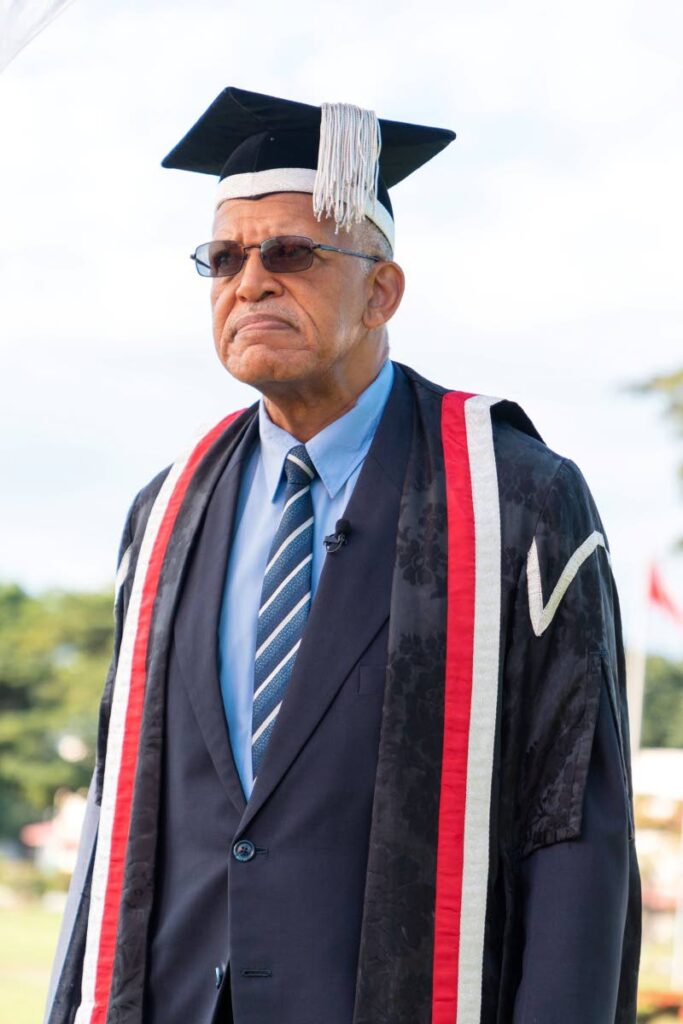Collapse of Big Bang theory?

STEPHAN GIFT
Professor Emeritus
SPECTACULAR images from NASA’s recently launched James Webb Space Telescope (JWST) are causing an upheaval in cosmology. This ultra-sophisticated telescope, which is designed to look for galaxies at very great distances, has discovered galaxies which are predicted by the Big Bang theory to be in the early stages of their formation as seen by the telescope, but instead are observed to be fully formed and in some cases older than the universe.
Dr John Mather, Nobel laureate and senior project scientist at NASA, said at a recent scientific meeting, “There are an awful lot of them – too many, too big, too bright, too hot, too mature, and too soon.” As a direct result of these unexpected findings, the New York Times published an article in September by two mainstream scientists titled “The story of our universe may be starting to unravel.”
I have for many years argued that the Big Bang theory of the origin and evolution of the universe is wrong. There are several reasons for my claim.
First, this massive explosion 13.7 billion years ago where matter and energy came into existence out of nothing violates the first law of thermodynamics which holds that energy cannot be created or destroyed. It is astounding that scientists ignore this violation of such a well-established scientific law and embrace the Big Bang theory instead of rejecting it.
Second, contrary to some textbook claims, the temperature of the microwave background radiation that is supposed to be a remnant of the Big Bang explosion was incorrectly predicted by the Big Bang to be more than ten times the measured value.
Third, the Hubble space telescope has observed large agglomerations of matter which, based on the theory, are too large to have been formed in the 13.7-billion-year predicted age of the universe. In fact, the theory cannot properly explain the origin of its most basic constituent, galaxies.
In light of the startling discoveries by the JWST of fully formed galaxies where the theory predicts there should be none, a few cosmologists are trying to save face by making the disingenuous claim that scientists welcome the failure of their predictions. On the contrary, falsification of the Big Bang will likely threaten the careers of many researchers.
The fact is the scientific method involves making observations, codifying these results in a model and testing the predictions of that model. If just one of the predictions fails, the model must be discarded and a new model developed.
The Big Bang theory has repeatedly failed observational tests of its predictions and the approach over the past 30 years has been not to reject it as the scientific method demands, but instead to introduce speculative modifications (referred to as epicycles) including inflation, dark matter and dark energy, all in an effort to save the theory.
In my view, the entire foundation of modern cosmology is defective as it is based on the idea of four-dimensional space-time of Einstein’s theory of relativity, an idea which Italian physicist Franco Selleri has shown is invalid. He has determined that space and time do not form any kind of space-time union, but rather exist separately as time and three-dimensional space as embraced by Newton.
I have confirmed this in my own research. I therefore encourage readers to stay abreast of these stunning revelations by the JWST as we may be witnessing the beginning of the collapse of Big Bang cosmology.
Stephan Gift is a former Pro-Vice Chancellor, Graduate Studies & Research, UWI


Comments
"Collapse of Big Bang theory?"